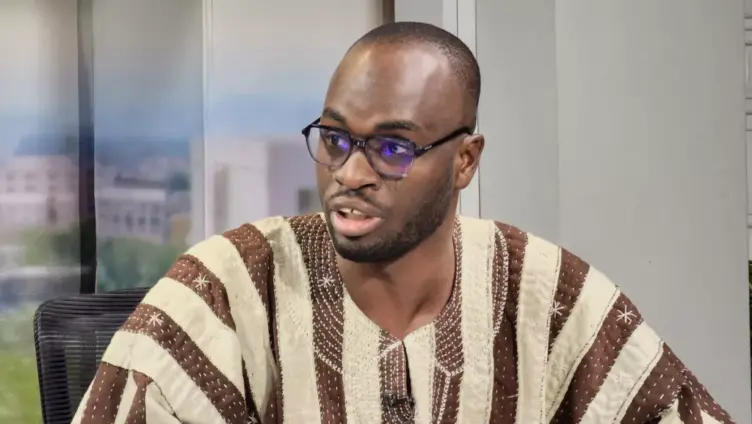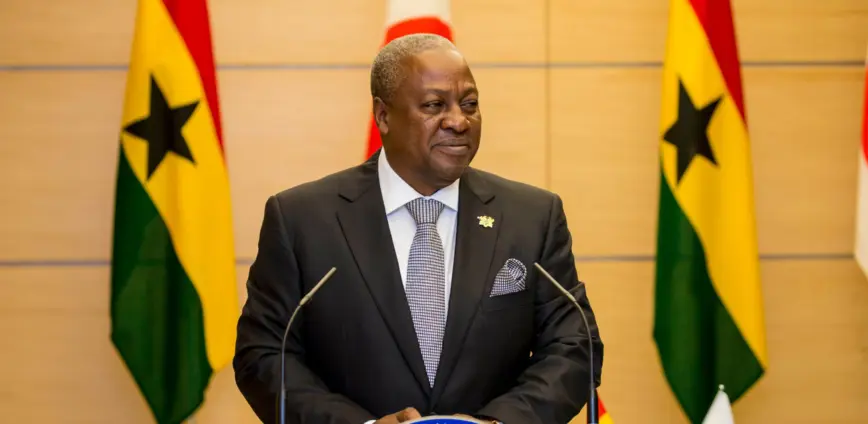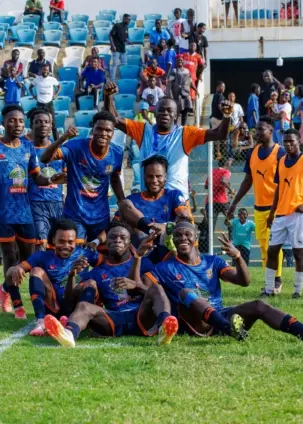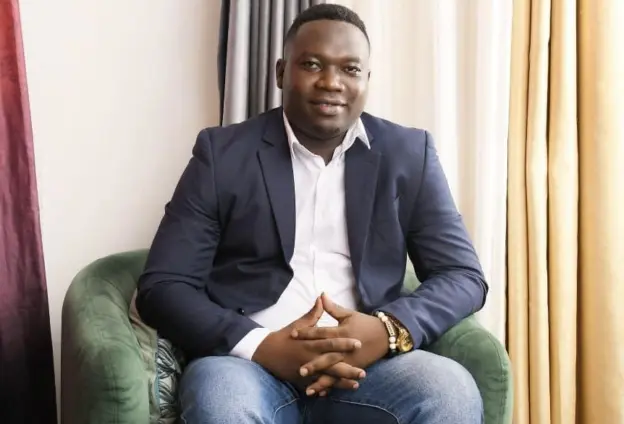The flickering lights in Accra last week were a stark reminder for many Ghanaians of a not-so-distant past: the era of ‘dumsor,’ or persistent power outages. Social media buzzed with complaints of interrupted work, spoiled food, and sleepless nights. Amidst this growing unease, fueled by reports of low water levels at the Akosombo Dam and challenges in fuel supply, concerns have risen about a potential power crisis in Ghana.
But is Ghana truly on the brink of another prolonged period of darkness? According to Energy Minister John Jinapor, the answer is a resounding no. While acknowledging existing challenges within the energy sector, Jinapor has strongly refuted claims of an impending ‘dumsor,’ insisting that the government is actively working to ensure a stable and reliable power supply.
Minister Jinapor’s Rebuttal: “No Crisis Here”
Minister Jinapor has faced criticism recently regarding what some perceive as a “gloomy outlook” on the power sector. Addressing these concerns directly, Jinapor stated emphatically, “I didn’t say we will have a challenge I didn’t say we have a crisis. We are not in crisis we are doing fairly well.” He clarified that while challenges undoubtedly exist, the government is actively engaged in finding solutions and mitigating potential risks.
His comments followed an appearance before Parliament’s Energy Committee, where he disclosed that the country’s liquid fuel reserves were at a concerning 2.6 days’ worth. Jinapor emphasized that this disclosure was an act of transparency, not a sign of impending doom. “Parliament also wanted the statistics of all our fuel stocks, and I gave them to them. I also went further to say that we have ordered fuel, and we are getting that today, to replace what we have in stock,” he explained, underscoring the proactive measures being taken to replenish fuel supplies.
Jinapor also addressed the recent threat of Karpowership, a Turkish company that operates a power barge in Ghana, shutting down due to payment arrears. He highlighted the swift resolution of this issue as a prime example of proactive problem-solving, rather than a symptom of a larger crisis. “The facts are that Karpowership threatened to shut down, and we resolved the matter that is not grumbling, that is solving the problem,” Jinapor asserted.
Addressing Load Shedding and Long-Term Solutions
Despite the Minister’s assurances, some Ghanaians continue to experience load shedding, a controlled form of power outage designed to prevent a complete system collapse. Jinapor acknowledged these instances, stating that the government had managed to reduce load shedding from 70-80 MW to a much smaller figure through various interventions.
To address the underlying causes of these power shortfalls and reduce Ghana’s reliance on liquid fuel, the government is investing in the construction of gas processing plants. Jinapor emphasized the long-term benefits of this initiative, stating, “For instance, I told them that we have inaugurated the gas processing committee to come up with how to build the gas processing plants so that we don’t depend on liquid fuel. That is not grumbling we are solving the problem.”
Furthermore, the Electricity Company of Ghana (ECG) is exploring private sector participation to improve efficiency and service delivery. According to Jinapor, a committee has been formed and stakeholder consultations have been conducted to explore the best approach. “ECG said they want private sector participation we have inaugurated a committee, and they have done stakeholder consultation, and now we have to move on to implementation. That is not grumbling. It is dealing with the challenges,” he stated.
What is the current state of energy production in Ghana?
The immediate challenges within Ghana’s energy sector stem from relatively slim fuel stock levels, with barely enough to supply demand for three days. While the Minister has emphasized the immediate arrival of new stock, this vulnerability does expose the system to broader potential systemic risks if supply chains are disrupted or demand spikes unexpectedly.
The government is pursuing measures to prevent these systemic failures. The inauguration of committees to plan and oversee gas processing facilities and private sector participation in ECG are critical to improve long-term energy security. Schedules for these projects, as well as key milestones, will provide a clearer sense of whether improvements can be reasonably expected on the current timeline.
In conclusion, Minister Jinapor maintains that Ghana is not in the midst of a power crisis, despite the challenges facing the energy sector. The government insists that proactive measures are being taken to address these challenges and ensure a stable and reliable power supply for all Ghanaians. It is imperative that all stakeholders engage in constructive dialogue to address the concerns of Ghanaians and work together to build a more resilient energy future.
Image Source: MYJOYONLINE





















